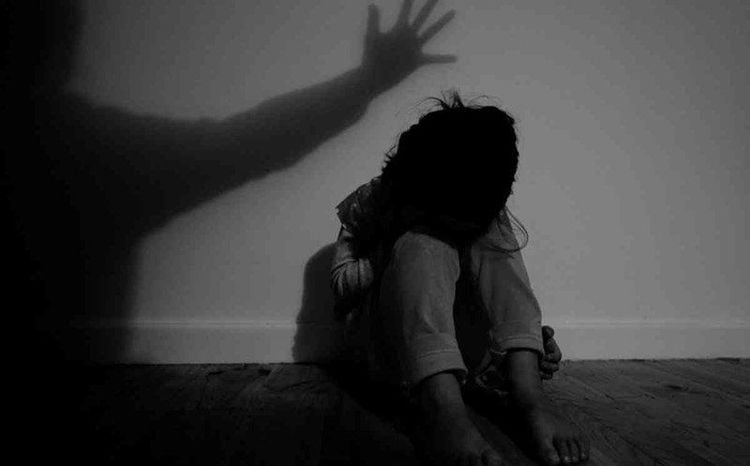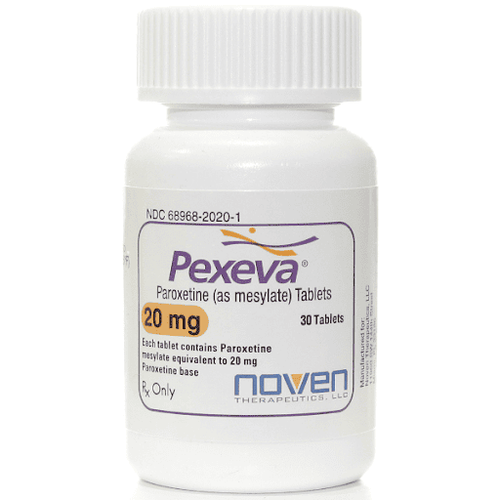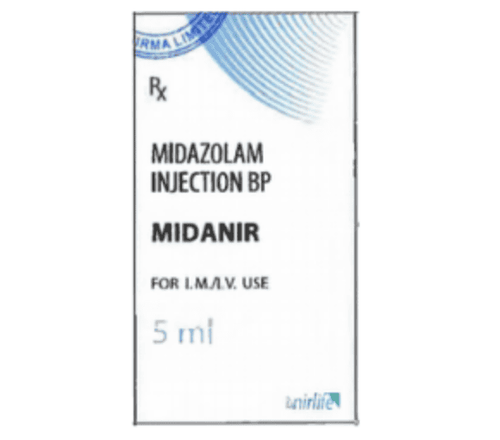This is an automatically translated article.
If you are prone to obsessions, creating unusual actions and thoughts, you need to see a doctor immediately. Psychotherapy and drug use will help improve the condition of the disease better, avoiding serious impact on daily living activities and daily work.
1. Common types of phobias
Being obsessed with things and phenomena around is a warning of obsessive-compulsive disorder. If you are prone to phobias, read on and find out if you have similar symptoms yourself.
Common types of phobias include:
Organizational obsession: People who are obsessive about organizing often have very high standards of orderliness and system, they always have to keep everything around in order. Sometimes, people with this type of phobia can beat themselves up when something unfortunate happens. Obsessed with cleaning the house: If you have a cleaning phobia, you will often feel very uncomfortable when you see that your house is not clean, you will tend to clean it often, even when there is no cleaning. what to clean. For example, you regularly check for stains on surfaces and wipe them right away when it's just a small stain; When you touch something dirty, keep washing your hands. Obsessive hoarding: People who are obsessed with hoarding often store old items such as books, newspapers, magazines, clothes, .. because they think they will use them at some point. They also frequently worry about losing things, which is thought to be at higher risk of depression than other subgroups. Excessive hoarding often makes their living space very tight. Obsessed with appearance: People who are obsessed with appearance are very preoccupied with defects in their bodies, often checked by looking in the mirror. Behaviors such as constant grooming, self-reflection, and physical comparison are common manifestations of this condition. Disaster phobia: People who are obsessed with disasters will often think intensely and fear about disasters that may come unexpectedly. To make sure disaster doesn't happen, they have to check in regularly to make sure themselves and everyone else is safe. For example, when leaving the house, you imagine the door might be on fire and try to get home as soon as possible to confirm. Obsessive compulsions: People with obsessive compulsions often cannot control thoughts of being the victim or the object of attacks on others, often related to issues of sex, religion, and conflict. For example, the thought of becoming a rapist, being raped, attacking someone, the frequent occurrence of scary thoughts makes you often have to pray or listen to Buddhist scriptures for relief. Skin damage obsession: People who are prone to skin stings often have actions that cause skin damage such as scratching, stinging, ... it happens to 1-2% of the world's population. Hair Pulling Obsessions: People with hair pulling phobias often cannot stop pulling at their hair, eyebrows, eyelashes, or other hair. They often require long-term cognitive behavioral therapy.

Nhiều người hay bị ám ảnh có thể ảnh hưởng tới chất lượng cuộc sống hiện tại
2. Causes of Obsessive Compulsive Disorder
The cause of obsessive-compulsive disorder is unknown, but may be related to genetic factors. Researchers have discovered several areas of the brain associated with feelings of anxiety and fear, and they're also looking into the link between stress and environmental factors, which could help to find out. New, more effective treatments.
3. Treatment of Obsessive Compulsive Disorder
Obsessive-compulsive disorder is usually treated in two ways: psychotherapy and medication.
Psychotherapy: The most commonly used therapy is cognitive behavior with the effect of helping to change the way of thinking and acting to react differently to the phobia encountered, helping the patient reduce feelings of anxiety. and scared. In addition, “reinfection and response prevention” therapy is also used effectively with OCD. Medications: In the treatment of obsessive-compulsive disorder, doctors often prescribe anti-anxiety medications and antidepressants. Anti-anxiety medications are very strong and effective when used, but should not be used for a long time. Meanwhile, antidepressants need a time of about 10-12 weeks to start working, it also causes some side effects such as headache, nausea, trouble sleeping but usually does not have a big effect on the body. patient. You should have regular checkups to check your progress and control your dose. Most obsessive-compulsive disorders are treated with a combination of medication and psychotherapy, with the exception of obsessive-compulsive disorder. This type of phobia does not improve with medication, but does improve with psychotherapy.
Psychological Clinic - Vinmec International General Hospital currently has the function of examining, consulting and outpatient treatment of psychological and mental health problems. With modern equipment and a team of doctors who are lecturers of psychiatry at Hanoi Medical University, the Psychology clinic - Vinmec International General Hospital is capable of deploying psychological tests, whether or not Specialized psychological services for medical examination and treatment. With enthusiasm and love for the profession, the team of doctors working at the Psychological Clinic - Vinmec International General Hospital always gives customers the best and most effective services
Please dial HOTLINE for more information or register for an appointment HERE. Download MyVinmec app to make appointments faster and to manage your bookings easily.













